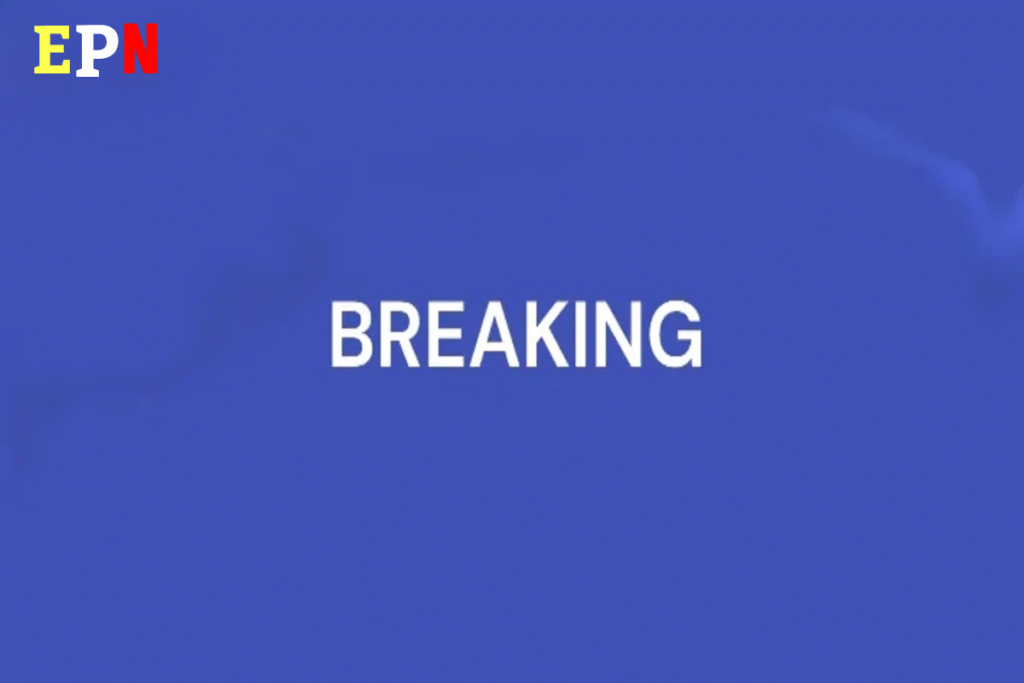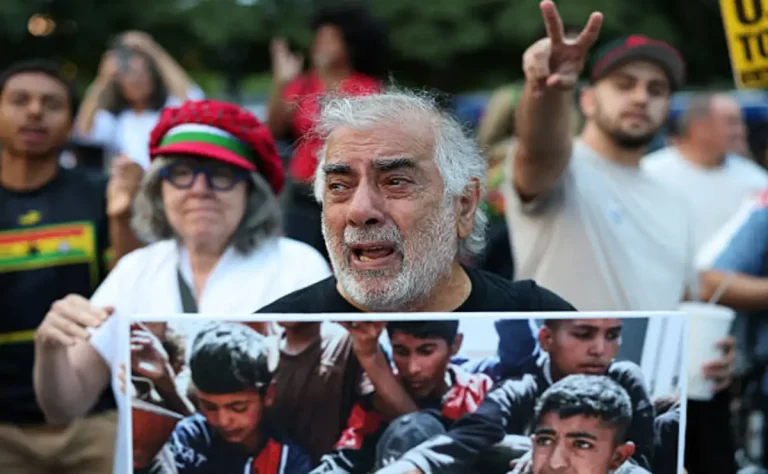
ICC headquarters where judges issued arrest warrants for Taliban leaders over crimes against Afghan women.
EPICSTORIAN — The International Criminal Court (ICC) has issued arrest warrants for two senior Taliban leaders, accusing them of orchestrating systematic persecution of women and girls in Afghanistan — actions that prosecutors allege amount to crimes against humanity.
Taliban arrest warrants target top leadership for gender-based crimes
Supreme leader Haibatullah Akhundzada and Taliban chief justice Abdul Hakim Haqqani are accused of “ordering, inducing or soliciting” policies that have severely restricted women’s rights. According to the ICC, the persecution includes bans on education, employment, and freedom of movement for girls and women, as well as repression of individuals who do not conform to the Taliban’s interpretation of gender norms.
The ICC’s Office of the Prosecutor stated that the warrants stem from a widespread and systematic policy designed to eliminate the presence of women from public life — an act constituting crimes against humanity under international law.
ICC says Taliban gender policies amount to systematic persecution
Since returning to power in 2021, the Taliban have enacted measures that include banning girls from secondary schools, prohibiting women from most jobs, and enforcing full-body coverings and male guardianship for travel. These actions, according to the court, directly violate the rights of Afghan women and target those who do not comply with the group’s hardline gender mandates.
Human rights groups have extensively documented the Taliban’s campaign against Afghan women. A Human Rights Watch report outlines these policies as part of a broader effort to erase women from public life, calling them “gender persecution at an unprecedented scale.”
ICC arrest warrants face enforcement challenges in Afghanistan
Although the court found reasonable grounds for prosecution under the Rome Statute, enforcement of the Taliban arrest warrants remains uncertain. Afghanistan is not a party to the Rome Statute, and the Taliban government has shown no willingness to cooperate with international institutions.
Legal experts say the warrants are nonetheless symbolic and powerful. “This sends a clear signal that international law does not turn a blind eye to systemic gender oppression,” said one war crimes investigator familiar with the case.
Russia’s recognition of Taliban may complicate ICC accountability efforts
The ICC announcement comes just hours after Russia became the first nation to formally recognize the Taliban government since its 2021 takeover. The diplomatic recognition, observers warn, could undermine global accountability efforts and weaken the pressure on Taliban leaders to face justice.
Nonetheless, the ICC emphasized its duty to protect the rights of vulnerable populations. Prosecutor Karim Khan said, “The denial of basic human rights to half the population of a country cannot be allowed to stand without consequence.”
Global rights groups welcome ICC’s action on Taliban arrest warrants
Amnesty International and other advocacy organizations hailed the court’s decision as a breakthrough in the fight for Afghan women’s rights. “It is a historic moment that the ICC is formally recognizing gender persecution as a prosecutable crime,” said a statement from the group.
With Taliban arrest warrants now active, attention turns to how international actors will respond — and whether those accused will ever face a courtroom. Until then, the move marks a significant step in international efforts to uphold justice and gender equality under law.

